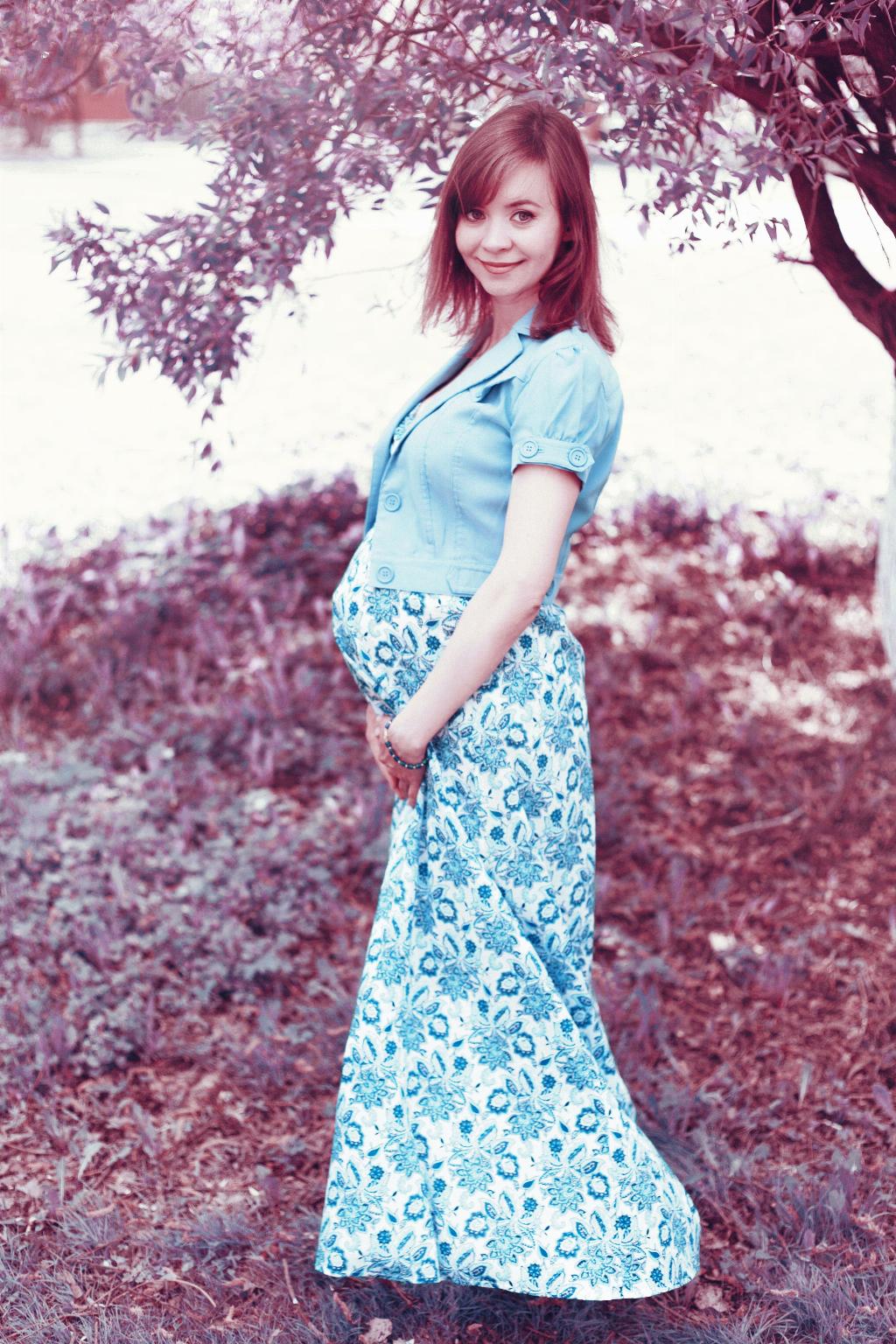During pregnancy, feeling your baby’s movements is an incredible and reassuring experience. For many expecting mothers, the first movements, often referred to as “quickening,” are eagerly anticipated as a sign of the growing life inside.
For women who have been through pregnancy before, the experience of feeling the baby’s movements can be quite different than with the first pregnancy. The question of when one will feel those first flutters and kicks is a common one among second-time moms.
Research suggests that in a second pregnancy, women may feel these early movements sooner than in their first pregnancy. This phenomenon can be attributed to the fact that the uterine wall and abdominal muscles have been stretched and relaxed in a prior pregnancy, making it easier to perceive the movements of the baby.
Unlike first-time moms who may not feel the baby move until closer to 25 weeks, women in their second pregnancy may start to feel these fluttering sensations as early as 13 weeks. This early awareness of the baby’s movements can be a special and intimate moment for many mothers.
It’s important to note that the exact timing of when a woman feels her baby’s movements can vary from person to person. Factors such as the position of the placenta, the mother’s weight, and the baby’s activity level can all play a role in when these sensations are felt.
Some women may describe the early movements in their second pregnancy as feeling like gentle flutters or bubbles popping. As the baby grows and becomes more active, these sensations can develop into distinct kicks and rolls that become more pronounced over time.
While feeling your baby’s movements early on in a second pregnancy is exciting, it’s essential to remember that every pregnancy is unique. Some women may still not feel consistent movements until later on in the second trimester, and this is entirely normal.
As the pregnancy progresses, the baby’s movements will become more regular and stronger, providing reassurance of the baby’s well-being. It’s a beautiful reminder of the life growing inside and can help forge a deep bond between mother and child.
For mothers who are eagerly awaiting those first movements, maintaining open communication with their healthcare provider and tuning into their body’s cues can help provide peace of mind throughout the pregnancy.
Ultimately, the experience of feeling the baby’s movements in a second pregnancy is a unique and special journey for each mother. The early awareness of these tiny kicks and flutters serves as a tangible connection to the new life blossoming within, creating a profound sense of wonder and joy.

